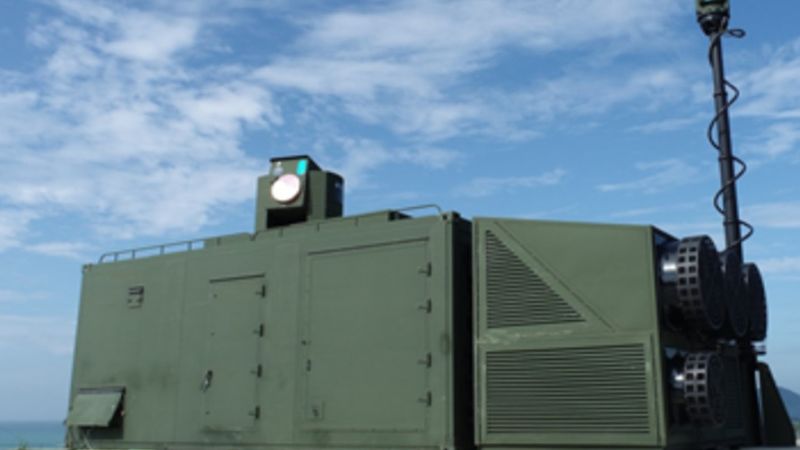South Korea is beginning the mass production of a low-cost laser weapon that has successfully shot down small drones during testing, the country’s key arms agency said Thursday.
The laser weapon, called Block-I, “can precisely strike small unmanned aerial vehicles and multicopters at close range,” a news release from South Korea’s Defense Acquisition Program Administration (DAPA) said.
The release did not give a cost for the weapon, but said each shot fired would only cost about $1.50.
Imagery supplied by the agency appears to show a weapon around the size of a shipping container with a laser mounted on top and what appears to be a radar or tracking device mounted on one side of the platform.



Unless they’re gps guided, or they can turn their camera away from the laser source in time.
GPS wouldn’t be effective at all for drones dropping munitions on infantry moving around on the battlefield, nor on FPV drones trying to fly into moving tanks or other vehicles.
And how do you turn a drone away from an infrared beam of light that would damage the drones optics almost instantly? You’d have to spot the laser system from hundreds of yards away, recognize it’s aimed at your drone, and turn away before the laser is fired. And then what? Just avoid turning your drone back the way you want to go, hoping another strategically positioned laser you didn’t see doesnt fire from a different direction?
You’d need to know where the laser system is, yes. You could do that by having a first done get shot at to reveal the position so the others know where not to look.
Gps would still be effective against stationary targets, but gps jamming would probably be very effective.
These lower power DEW systems don’t target the optics they target propulsion, like the actual rotors themselves. Takes about 1-2 seconds to knock them out on the ISR type drones, maybe a bit longer on the FPV type depending on size.
I’d have thought the rotors would be harder to melt though because of their speed and cooling, but I guess it would work. Could you electroplate the rotors?
I’m sure you could but the more armor you stack on the more you reduce the performance.